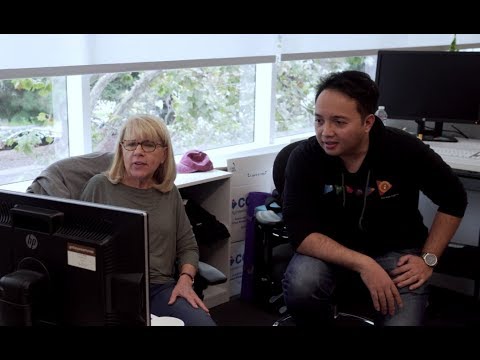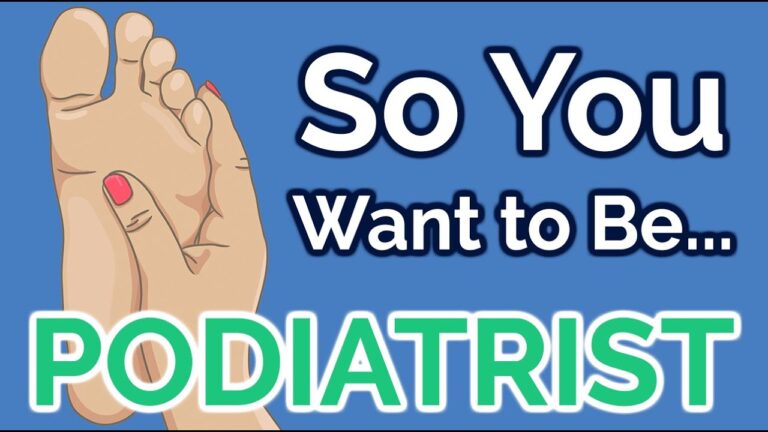Unleash Your Editing Skills: Literary Editor Job Description & Salary

Literary Editor Job Description Template
Literary Editor Job Description A literary editor is a professional who plays a crucial role in the publishing industry. Their primary responsibility is to review and refine manuscripts and other written works before they are published. They ensure that the content is of high quality and meets the publisher’s standards. One of the key tasks of a literary editor is to analyze the structure and flow of the text. They carefully evaluate the plot, character development, and writing style to provide constructive feedback to the author. Editors also make sure that the language used is appropriate for the target audience and that the story maintains a consistent tone throughout. Another important aspect of the job is proofreading and editing. Literary editors meticulously review the text for grammatical errors, punctuation mistakes, and spelling errors. They also check for inconsistencies in formatting and make necessary corrections. Additionally, they suggest improvements to enhance clarity, coherence, and readability. Collaboration and communication skills are essential for a literary editor. They work closely with authors, other editors, and publishing professionals to ensure that the final product meets everyone’s expectations. They may also be involved in negotiating contracts, marketing strategies, and selecting manuscripts for publication. In summary, a literary editor’s role is to polish and refine written works to make them ready for publication. They possess a keen eye for detail, strong language skills, and a deep understanding of the publishing industry. Their expertise and guidance contribute to the success of authors and the overall quality of published materials.Literary Editor Responsibilities
Literary Editor Requirements
How Much Does A Literary Editor Make?
Literary Editor Salary
| Job Title | Salary |
|---|---|
| Literary Editor | $50,000 – $80,000 per year |
A literary editor plays a crucial role in the publishing industry, ensuring that written works meet high editorial standards. They review manuscripts, provide feedback to authors, and make necessary revisions to improve the overall quality of the content. The average salary for a literary editor ranges from $50,000 to $80,000 per year, depending on factors such as experience, location, and the size of the publishing company. With a passion for literature and strong editing skills, literary editors contribute to shaping the literary landscape and promoting exceptional written works.
Literary Editor Salaries by Country
Top Paying Countries for Literary Editor
| Country | Average Salary (USD) |
|---|---|
| United States | 67,870 |
| Switzerland | 61,012 |
| Australia | 52,432 |
| United Kingdom | 46,367 |
| Germany | 45,157 |
A literary editor is responsible for reviewing and editing written content, ensuring its quality and coherence. Salary levels for literary editors can vary significantly depending on the country they work in. According to recent data, the top paying countries for literary editors are the United States, Switzerland, Australia, United Kingdom, and Germany. The average salary for a literary editor in the United States is $67,870, making it the highest-paying country in this profession. Switzerland follows closely with an average salary of $61,012. It is important to note that these salaries can also vary based on factors such as experience, qualifications, and the specific publishing industry within each country.
A video on the topic Literary Editor
Video Source : FT LiveInterview Questions for Literary Editor
1. Can you briefly explain what a literary editor does?
A literary editor is responsible for reviewing and editing manuscripts, articles, and other written content for publication. They ensure that the writing meets the publishing standards, correct any grammatical or spelling errors, and provide feedback on structure, plot development, character development, and overall coherence of the work.
2. What qualifications and skills are necessary to become a literary editor?
To become a literary editor, a strong command of the English language is essential. A bachelor’s degree in English, literature, or a related field is often required. Additionally, excellent writing and editing skills, attention to detail, and knowledge of various literary genres and styles are important. Familiarity with publishing software and the ability to work under tight deadlines are also valuable skills.
3. How do you approach the editing process?
I start by reading the manuscript thoroughly to understand the author’s style, plot, and characters. Then, I identify areas that need improvement, such as grammar, syntax, or inconsistencies. I provide constructive feedback to the author, suggesting revisions or offering alternative suggestions. Collaboration with the author is essential to ensure their vision is maintained while enhancing the overall quality of the work.
4. What challenges do you often encounter as a literary editor?
One common challenge is maintaining a balance between preserving the author’s unique voice and making necessary editorial changes. Additionally, working with authors who may be resistant to feedback or revisions can be challenging. Meeting tight deadlines and managing multiple projects simultaneously can also be demanding.
5. How do you stay updated with the latest trends and developments in the literary world?
I regularly read books, attend literary events, and follow reputable literary journals and websites. Engaging in discussions with fellow editors and authors also helps me stay informed about new trends and developments in the industry.
6. How do you handle disagreements with authors regarding suggested edits?
Open communication and mutual respect are key when handling disagreements. I strive to explain my reasoning behind the suggested edits and listen to the author’s perspective. If necessary, we can compromise or find alternative solutions that maintain the integrity of the work while addressing concerns from both parties.
7. How do you maintain your own creativity and avoid imposing your own writing style on the authors you work with?
As an editor, my role is to enhance the author’s voice, not impose my own. I focus on understanding the author’s style and vision, and I make sure my suggestions align with their goals. By providing guidance and feedback rather than rewriting their work, I maintain their creativity while improving the overall quality.
8. Can you provide an example of a successful editing project you have worked on?
I once worked on a novel manuscript where the author had a compelling story but struggled with pacing and character development. Through collaborative editing, we restructured the plot, refined the characters, and improved the overall flow of the narrative. The final version received positive reviews and was well-received by readers, which was a rewarding outcome for both the author and myself.
9. How do you handle multiple editing projects simultaneously?
Organization and time management are crucial when handling multiple projects. I create a schedule and prioritize tasks based on deadlines and complexity. I also communicate clearly with authors to manage their expectations and ensure a smooth workflow. Regular breaks and self-care practices help maintain focus and prevent burnout.
10. What advice would you give to aspiring literary editors?
Read extensively and diversely to broaden your knowledge of different writing styles and genres. Seek opportunities to gain practical experience, such as interning or freelancing for literary publications. Develop strong communication and interpersonal skills to effectively collaborate with authors. Lastly, be open to continuous learning and stay updated with industry trends and developments.






